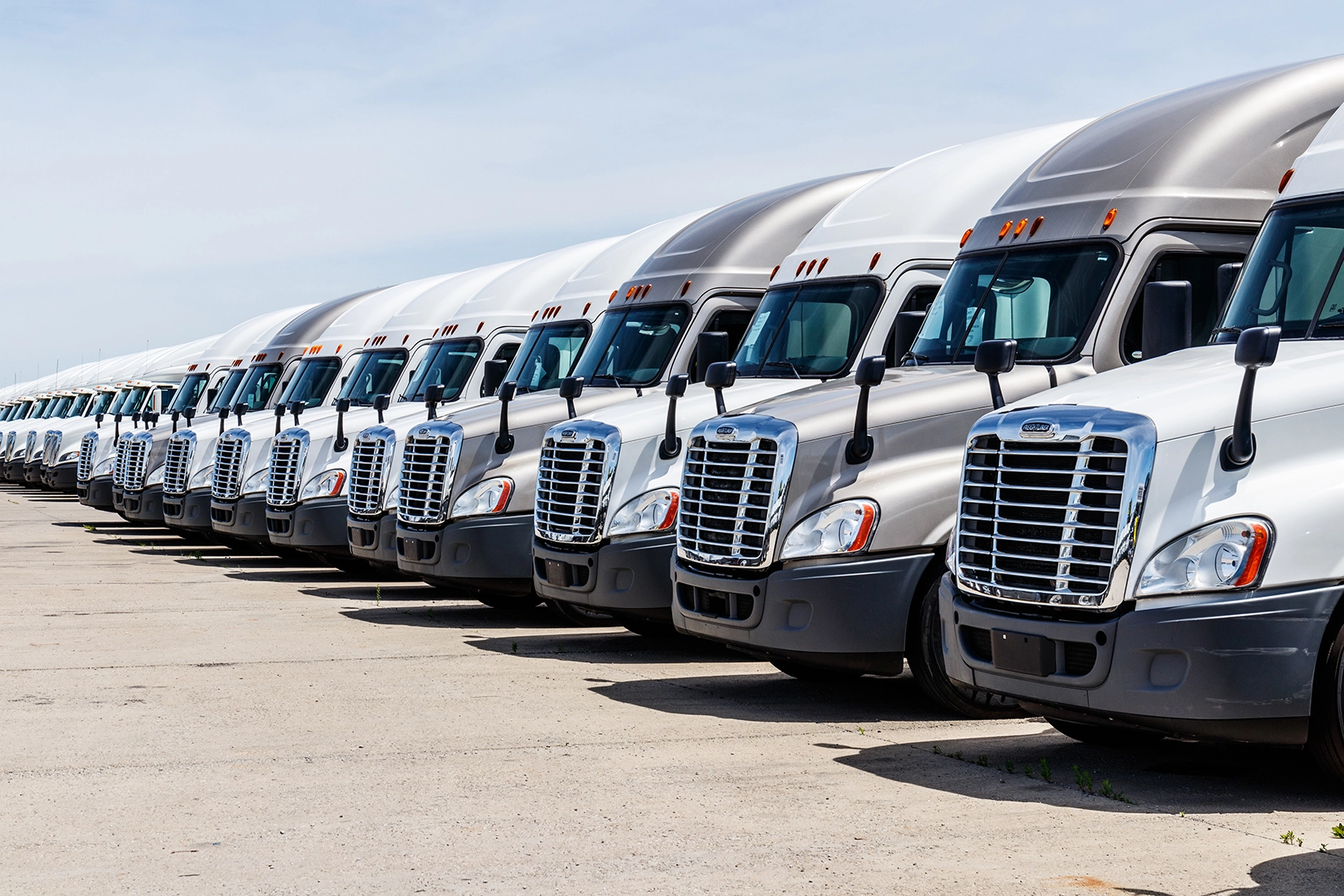Application Form
Please fill out the form below, so we can contact you as soon as possible!

Truckers have various solutions to match every shipping need. Power-only trucking is one such option that is becoming more and more popular due to its flexibility and cost-effectiveness. But what does “power only” mean in the trucking industry, and why are so many companies turning to it?
“Power only” is a service in trucking where a carrier provides just the truck and driver, leaving the trailer to be supplied by the shipper or another third party. This arrangement contrasts with full-service freight, where a carrier typically provides both the truck and trailer. The result is a more asset-light approach to logistics, allowing companies to leverage their own or rented trailers without investing in trucks or drivers for each load.
In a power-only trucking arrangement, the carrier’s role is simple: they connect their truck to a pre-loaded trailer and transport it to the needed destination. After arriving, the trailer is often taken off, and the truck leaves. The procedure allows a carrier to handle more loads in a day while reducing downtime and removing the requirement for loading and unloading time. Power-only services are especially popular for drop-and-hook freight situations, cross-border shipments, and long-distance hauls where trailer handling efficiency is crucial.
For example, large retailers, construction companies, and event organizers often use power-only trucking. A retailer may need to move pre-loaded trailers between warehouses, while an event organizer may require trailers for temporary setups at different venues. In both cases, they can avoid the expense of owning or managing a full fleet by using a power-only provider.
For shippers. Shippers can focus on managing just the trailers, which are frequently less expensive and complex to own than trucks, by hiring carriers for the truck alone. By keeping trailers pre-loaded and ready to travel, shippers can also optimize trailer utilization and boost supply chain effectiveness.
For carriers. By avoiding the expense and liability of trailer maintenance, which may include extra storage, repairs, and compliance needs, the carrier gains an advantage. Carriers can concentrate entirely on their trucks and drivers when they don’t have to worry about trailers, which could lead to improved fleet management and cost control.
Flexibility. Power-only trucking offers unmatched flexibility for both short- and long-term contracts, covering a range of needs from one-time deliveries to ongoing partnerships. Carriers can also provide trucks for short-haul, regional, or long-haul trips, allowing them to meet diverse logistics needs without committing to trailer ownership.
Power-only trucking is the most reasonable option in the following situations:
While power-only trucking offers many advantages, it does come with some challenges:
Power-only trucking is a versatile, efficient solution that offers shippers and carriers the flexibility to meet complex logistics needs without owning and managing a complete truck-and-trailer setup. By focusing on streamlined operations and maximizing the use of trailers, power-only trucking can help shippers save on costs and improve logistics agility. This service is going to become an increasingly valuable part of modern supply chain strategies, making it an appealing choice for businesses of all sizes.
If you are a power-only owner-operator, Owner Operator Land is ready to offer you lucrative possibilities for cooperation. We work with trusted freight companies that are ready to provide owner-operators with a constant load flow. Contact us today to unlock more possibilities for your business.
Application Form
Please fill out the form below, so we can contact you as soon as possible!